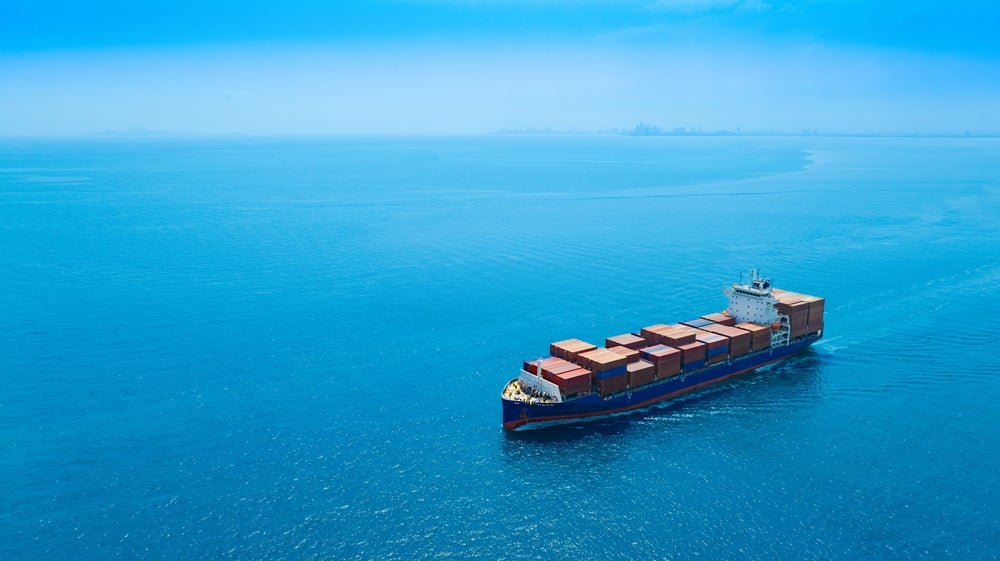Today, shipping is responsible for 3% of global emissions – the same amount as Germany. Crucially, with no action from the industry – and as the rest of the world decarbonises – this impact will nearly quadruple to a worrying 11% of global emissions by 2050, with severe and damaging environmental effects.
To this end, fostering greener shipping is the industry’s greatest challenge. But environmental sustainability and commercial sustainability must go hand-in-hand; this needs to be a transition that finds a way to preserve world trade and the environment at the same time.
At a fundamental level, decarbonisation progress depends on the willingness of ship owners and operators to make the necessary changes to the global fleet and ensure environmental compliance.

Amendments to MARPOL and progress at the IMO’s Marine Environment Protection Committee (MEPC) prove that the industry is slowly beginning to hold itself accountable for damaging emissions and pollutants. However, addressing these issues is more nuanced than simply changing what comes out of the exhaust. Rather, all processes and pollutants created by ships must be addressed.
That means that the changes that shipowners and operators will have to make to their assets will range hugely. It spans retrofitting ships with new engines, moving to alternative fuels, or installing more sustainable sewage or wastewater treatment systems.
Considering wastewater treatment and the environment
Clearly, these changes aren’t easy and will require a high degree of trust in the technology being installed to avoid stranded assets, downtime and lost earnings.

US Tariffs are shifting - will you react or anticipate?
Don’t let policy changes catch you off guard. Stay proactive with real-time data and expert analysis.
By GlobalDataThe sheer complexity ahead means that ship owners must not compromise, and they must work with trusted businesses and OEMs to reach their environmental goals. They must be confident that they have partners that share a common commitment to technological reliability and sustainable practices.
Take the example of a wastewater treatment system installed onboard. This isn’t always an area of technology that grabs the sustainability headlines in the same way as exhaust or engine technologies, but it’s one that is just as important. Without a trusted, proven wastewater treatment system onboard, wider sustainability issues covered under MARPOL, including overboard waste discharge, suddenly come to the fore.
Shipowners must be prepared to demand more from their OEMs.
This is a big problem in an industry that is, rightly, more focused on its reputation than ever before and shows how economising on any big technology decision onboard can have a range of visible and invisible consequences.
Shipowners and operators should therefore look to their suppliers for a clear attention to detail, a knowledge of the wider ecosystem and context in which a vessel operates, and for technology providers that have the time and resources to properly understand all of the technical idiosyncrasies of a given ship.
Shipowners must be prepared to demand more from their OEMs, insisting not just on efficient service, but on a level of reliability that can help to underpin the industry’s transformation.
Shipowners, OEMs, and trust in tech
These demands are multifaceted, and should include pushing for technologies built with the best materials and cutting-edge engineering, capable of withstanding harsh marine environments without compromising performance.
It also includes only choosing to install systems that can seamlessly integrate into existing maritime architecture and technical specifications of a ship, offering plug-and-play compatibility that minimises downtime and maximises productivity – two factors that are critical to commercially sustainable shipping operations.
More than ever before, OEMs must sell trust. Trust in technology that will enable shipowners to navigate unpredictable market conditions and regulatory changes.
By aligning with manufacturers that prioritise transparency, accountability, and continuous improvement, shipowners can build partnerships that foster collaboration, innovation, and knowledge sharing, driving mutual success in an increasingly competitive maritime environment.
More than ever before, OEMs must sell trust.
Trustworthy technology not only safeguards shipowners’ physical assets but also protects their reputation in the industry. In an era where low performance is even more closely scrutinised, trust in technology can be a key differentiator.
Ultimately, by prioritising trustworthiness in technology selection and implementation, shipowners can mitigate risks, and build lasting relationships with customers, regulators, and the wider maritime community. By demanding more of their OEMs, shipowners can set themselves up to navigate the challenging landscape ahead with confidence, safe in the knowledge that they will be able to prioritise both sustainability and commerciality at the same time.




